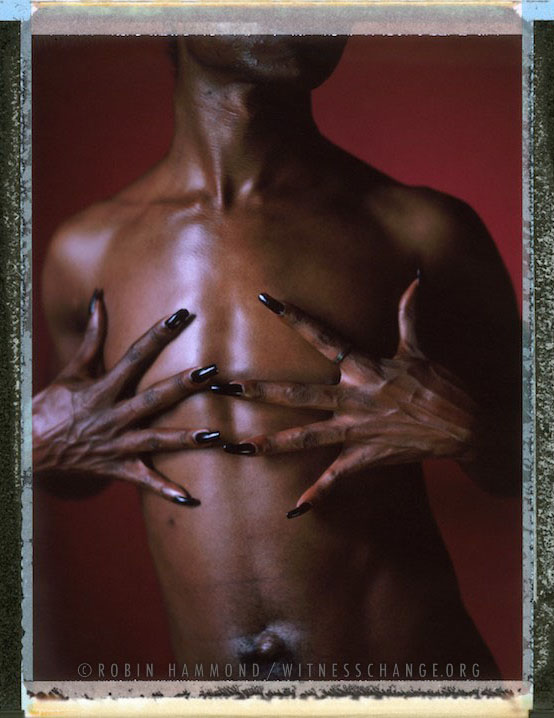Jean Yannick / Gabon
“I left Gabon because I was attacked earlier this year by four guys”. Jean Yannick (not his real name) was stopped while driving on his way home. Four men forced him to take them to his house where, in front of his French partner, they gang raped him. The next day Jean Yannick went to the police to report the rape. “We can’t help someone like you because our culture doesn’t have gay people, and if those people come to kill you, we can’t do anything. If you want to be gay you should leave the country.” The police chief told Jean Yannick to sit down. The Chief then took a pair of scissors and cut his shoulder length hair short. He was then taken to the police cells and kept there for 13 days. He was released with no case opened against his attackers. Jean Yannick and his partner went to the French embassy and asked that he be given a visa to enter France. The embassy staff said they would not give him refugee status based on persecution of his sexuality. Jean Yannick’s partner encouraged him to go to South Africa as he didn’t need a visa to enter the country and he perceived it as safe for LGBT people. They made a plan to meet in South Africa later, where they would get married, and then travel to France to live their lives there.
“I am me and I will stay me. I was born in a family of 8 children so I am the youngest of my family! I have been the son-daughter that my mum always wanted to have so you will understand that I am not rejected from my family; on the contrary!
I am the cherished gay child from my family; but like a demon, the Tasmanian Devil of the African society and especially in the Gabonese one.
So the story that will follow must be used by my African’s brothers and specially my Gabonese’s ones who are in the dark and are too afraid to come out. I know what it is like to live the life of someone I am not.
I am an activist and I will be one until I die.
So this is my story
I am gay and I am black so I combine two big vectors that are not accepted by many in the world. In Africa being gay is still not recognized even in countries like South Africa where gay marriage is accepted. The population, stays anchored in the ancestral and religious customs (being gay and showing it, is not possible) in a society which fears the invasion of the gay community where I belong…
I lived a pleasant life and full of good things. 03 February 2014 I was attacked in the little town of Port-Gentil in Gabon for being gay and because I bothered more than one who couldn’t live and accept who they were.
I am the Beauty of Port-Gentil, who everyone looks at in the streets of the little town, and I am often rejected but also very appreciated.
Indeed, I have been raped and held by a group of 4 young people who have expressed their homophobia directly, without sparing me.
Indeed, the pill is still hard to swallow and the story is still hard to tell but, despite this I still stand up.
The 26 of February, I got out of prison and my spouse and I decide to escape from Port; going very far, leaving everything we had behind. So I find myself in South Africa as a refugee without any money in my pockets; yes South Africa because a certain women…of the consulate of France has refused to give us the visa because she wanted to prevent me to get married in France with Mr M.W.
South Africa was for us Eldorado!
But we fell into a trap; South Africa is not like many people think.”




